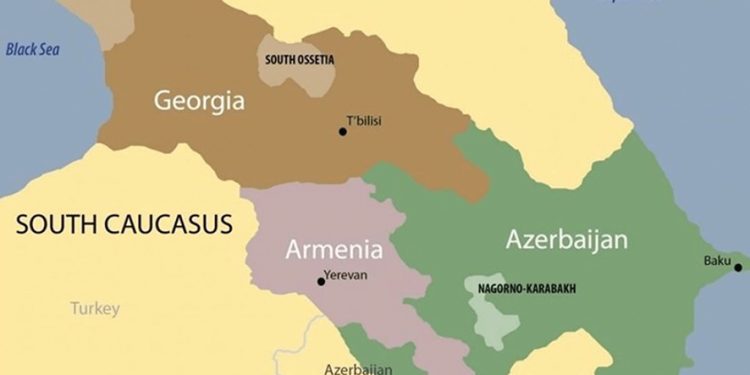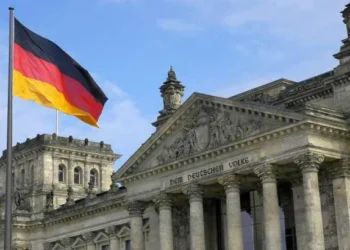The South Caucasus is a fragile region security-wise. Cross-border insecurity and various sorts of extremism have proved from time to time to be a region-wide problem. In connection with the geopolitical fragility of the region, other interesting developments are taking place which mean that the South Caucasus has entered a different era amid the war in Ukraine, US-China competition, and growing cooperation between Iran and Russia.
The construction of an order of exclusion in the South Caucasus, based on a loose understanding among regional powers, means that the balance of power concept has made its way back. Realism has prevailed against the liberal world order, which seems increasingly threatened by growing external opposition, internal troubles, and declining authority/prestige (the troubles a chaotic US withdrawal from Afghanistan left the country in is a good example). For Iran, Russia, Turkey, and China, the balance of power idea is a concept which resonates well with each of these states’ historical experiences. Each has always positioned itself as a civilization state as opposed to the Western concept of nation-states. The four have similar geographic dilemmas which, over the course of the past several centuries, informed their behavior and still continue to haunt the countries’ political classes. Encirclement by enemies is a constant feature in the nationalist discourses. Balance of power for Iran, Russia, Turkey, and China is a safe refuge partly because it is what these civilizations always did, how they survived, grew, and evolved into a dominating force in their respective neighborhoods. Pursuit of dominance made them averse to the universal march of liberalism and the US influence. It continues to serve as the biggest single motivator behind their increasingly concerted efforts to limit the West’s influence.
Thus, the future of the South Caucasus will be shaped by geopolitical visions, immediate goals, and the wider priorities of Iran, Turkey, Russia, and, to a certain degree, China.
This process will take place within the context of the Western need to focus its attention simultaneously on the Indo-Pacific region and the war in Ukraine. The changes will rever- berate across the South Caucasus, which has never been a foreign policy priority for the US, but nevertheless was regarded as an important juncture between East and West. The diminution of America’s interest or perhaps even influence will be proportionally substantiated by the growing position of the Eurasian powers in Western Asia and the South Caucasus in particular.
The region is and likely will continue to be plagued by the lack of coherence in the US and EU policies over governance and security issues. These are far more important than economic policies where Brussels and Washington more or less find some common ground. Both also agree on some basic elements of the South Caucasus’ importance in the regional connectivity. But the slowness with which the EU’s and NATO’s eastward expansion takes place brings about disillusionment among the political elites of the South Caucasus states (Georgia primarily).
The South Caucasus is also an increasingly fractured region. Armenia, Azerbaijan, and Georgia now have more divergent foreign policy paths than before. Some interests surely coincide, but they are tactical, more immediate in nature than long-term. Divergent foreign policy views led to radicalization of partnerships into alliances and dependencies. The process has long been in the making, but was finalized with the Second Nagorno-Karabakh War. Turkey and Russia positioned themselves as higher-status powers, while Armenia and Azerbaijan are increasingly reliant on them. Fracturing of the region is also helped by extreme securitization, when the region’s states are primarily concerned with border defense, foreign troops’ presence, and rival alliances that may harm their interests. The process is accelerating and is unlikely to subside in the near future. Securitization has also driven Georgia’s foreign policy thinking, but the country’s close ties with the EU/NATO and the US are not as cohesive as in the case of Armenia’s and Azerbaijan’s relations with their allies.
This growing fragmentation is challenging the general security and the development of infrastructure in the region. Improvement of connectivity happens only if it is supported by one of the major powers. Fragmentation also means that holistic approaches to the South Caucasus do not work.
Analysis by Emil Avdaliani














